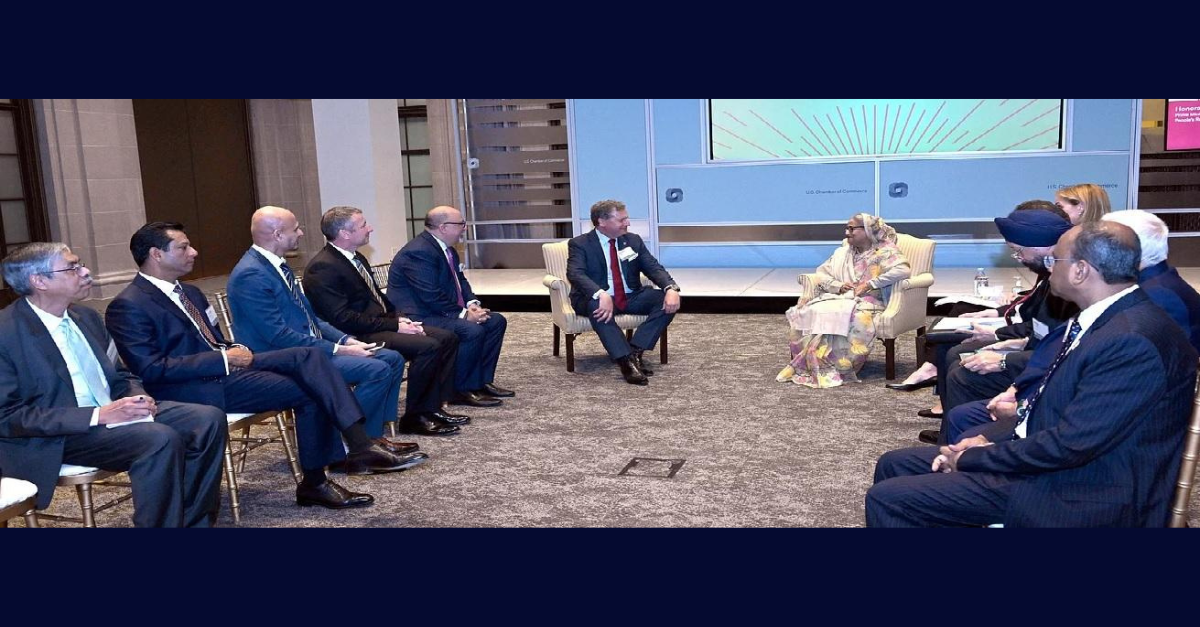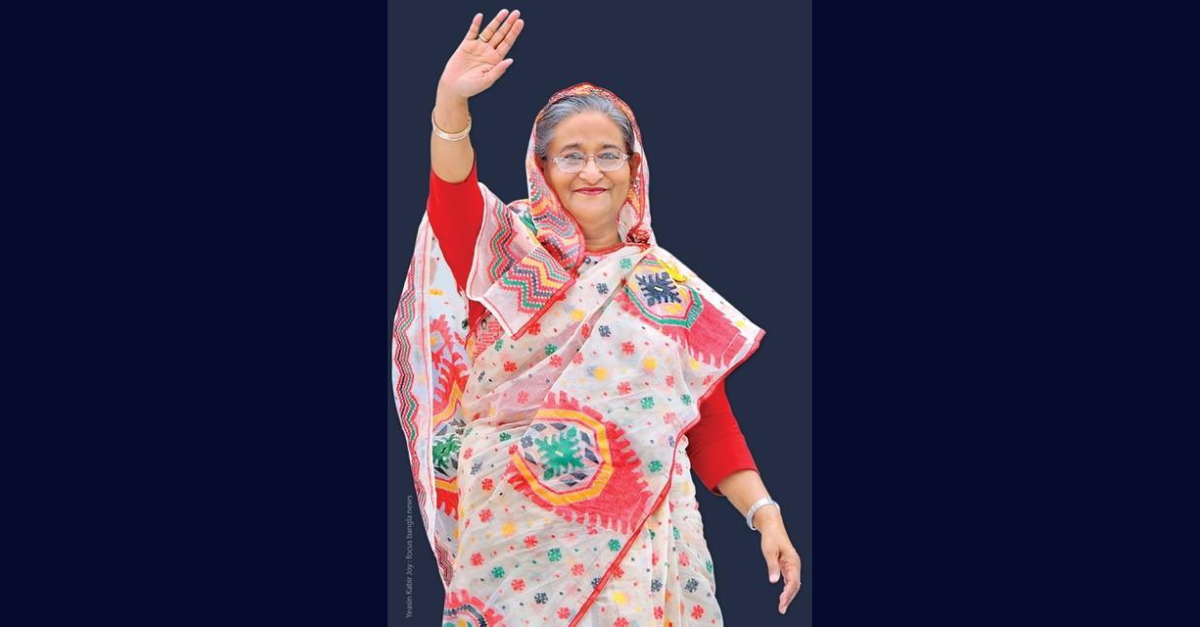
Acting British High Commission Commissioner to Bangladesh, Matt Cannell, has announced an additional $2.9 million (£2,3 million) for Rohingya refugees in the South Asian country days after Prime Minister Sheikh Hasina met with her UK counterpart Rishi Sunak in London.
“The UK stands with refugees from Myanmar and host communities as they look to recover from the impact of Cyclone Mocha,” Cannell said. “I am proud to announce this new UK support, which will help respond to recent tragedies and the ongoing needs in the camps and host communities.”
Bangladesh’s Chief of Mission Abdusattor Esoev said the UK’s “support comes at a critical time when the refugees and the host communities in Cox’s Bazar are facing immense challenges due to recent disasters, and ongoing humanitarian needs, especially in the aftermath of the devastating fire and Cyclone Mocha.
“With the support of the UK, we will be able to provide essential healthcare, shelter, site management support, and strengthen safeguarding systems for those affected,” the Bangladesh official added.
Table of Contents
Bangladesh, a beacon of hope
The Rohingya people are a Muslim ethnic minority group displaced from Myanmar and now sheltered in temporary shelters in refugee camps around Cox’s Bazar, Bangladesh, the world’s largest refugee camp.
The government of Bangladesh, in collaboration with international organizations and NGOs, has undertaken comprehensive efforts to address the needs of the refugees. These initiatives span various critical areas, ensuring the provision of essential services and support to this vulnerable population.
In 2021, 19,000 refugees from Myanmar were relocated to Bhasan Char. On this island, the Government of Bangladesh has made substantial investments to provide a temporary alternative measure for hosting refugees to alleviate overcrowded camp conditions.

Shelter and other needs
Recognizing the immediate requirements of the refugees, the government has established refugee camps equipped with basic infrastructure to provide shelter, sanitation facilities, and access to clean water. Humanitarian agencies have played a vital role in coordinating efforts to meet the basic needs of the refugees.
Healthcare access is essential for any community’s well-being, particularly in a crisis situation. In collaboration with aid organizations, the government has established healthcare facilities in the camps, providing medical services, immunizations, and maternal healthcare. Efforts have been made to address health issues prevalent among the refugee population, including malnutrition and preventing communicable diseases.
Recognizing the importance of education in rebuilding lives and fostering hope, the government has provided educational opportunities to the children of the refugees. Temporary learning centers have been set up in the camps, offering basic education to thousands of refugee students. The government has also partnered with NGOs to provide vocational training and skills development programs to empower the refugee community and enhance their future prospects.
Bolstering humanitarian efforts
Bangladesh has established legal aid services to support and guide refugees seeking justice and protection in collaboration with international partners. Efforts are also underway to register and document the displaced individuals, further safeguarding their rights.
Bangladesh’s efforts to assist the refugees have not gone unnoticed by the international community. Their dedication to the cause of refugees has garnered support from several countries, international organizations, and NGOs. This collaboration has provided financial
aid, technical expertise, and resources to bolster Bangladesh’s humanitarian endeavors.
Conditions for repatriation
The United Nations High Commissioner for Refugees (UNHCR) is this year focusing inside Myanmar on responsive and timely delivery of humanitarian assistance, strengthening community-based protection, and supporting pathways to the potential return of refugees to Myanmar.
“We don’t want to be confined in camps. We want to get back our land, and we will build our own houses there,” Oli Hossain, who was among the refugees who visited Rakhine state, Myanmar, told Reuters recently.
“We want nothing but a safe, voluntary, dignified, and sustainable repatriation,” said Abu Sufian, 35, father of three children, who also visited Rakhine.
While Bangladesh’s response to the refugee crisis has been commendable, the challenges remain significant. The strain on resources, the need for sustainable solutions, and the long-term integration of refugees into society pose complex tasks. Continued international support, both financial and diplomatic, is crucial to address these challenges effectively and ensure the well-being and dignity of the displaced ethnic group from Myanmar.
Have a tip we should know? [email protected]









